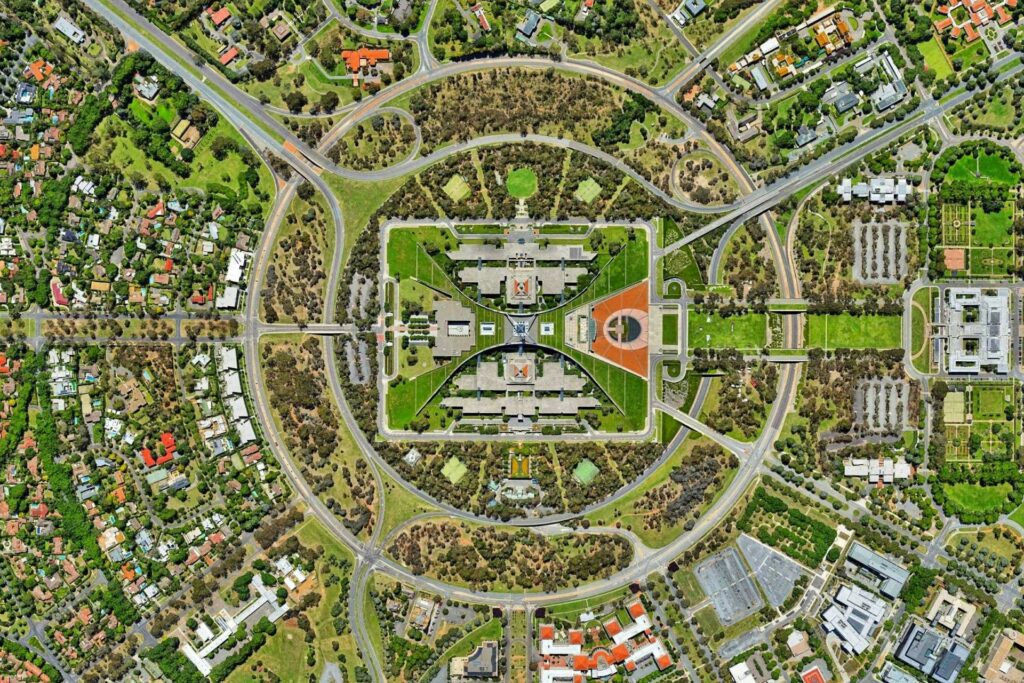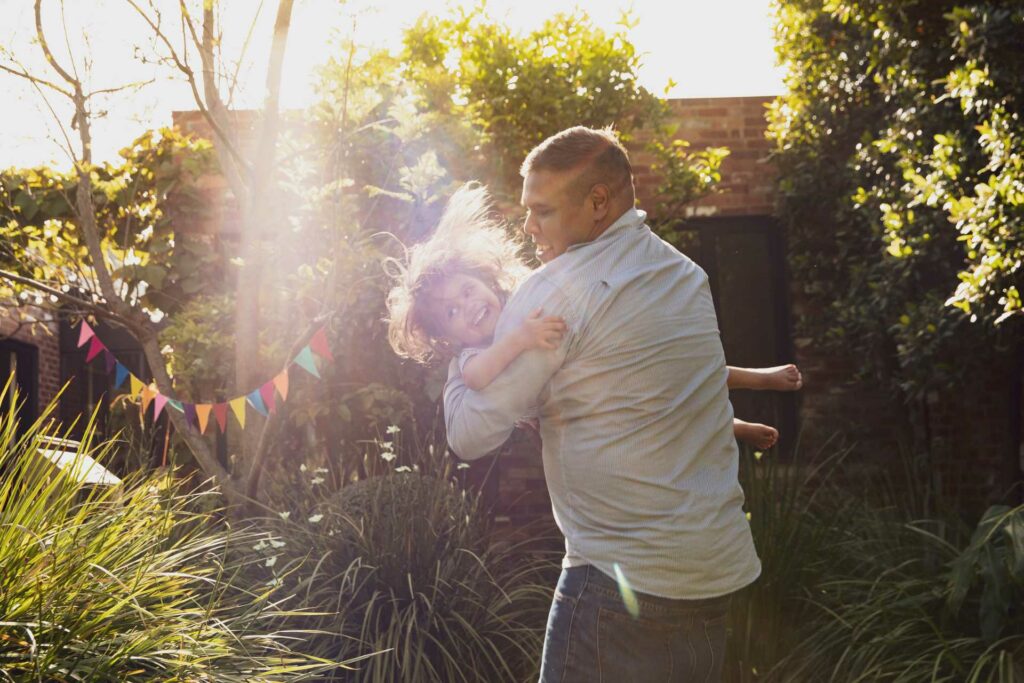This speech was given by Dr Tessa Boyd-Caine at the Mallee Legal Impact launch, Sunraysia Community Health Service, 15 August 2017
Thank you to VLA & SCHS, for the opportunity to be here today having been part of the process through which they have identified gaps and how best to fill them, to improve health and justice outcomes for people in the Mallee.
What do we know? The evidence on legal needs and the social determinants of health
‘8.5m people with three or more legal needs in a given year.’
But what lawyers term ‘legal needs’, for many in the community are simply the problems of life:
- Ensuring safe homes for women and children, so that children aren’t taken away.
- Knowing what income you have to report and when, so that social security payments aren’t cut off.
- Understanding why the mental health tribunal wants to know if you’ve been seeing your social worker; and why you need to see your social worker.
These are problems that the people in the Mallee know well from their own experiences; that community services know well from their work every day.
Where lawyers talk about unaddressed legal need, health professionals call these the social determinants of health, but they’re the same problems: the factors beyond the medical that can secure good health outcomes – like adequate income, secure home life, connections with community. Or they can undermine our health – like anxiety, like social isolation, like poverty and economic exclusion.
Left unaddressed, each of these problems can become a crisis in its own right.
Just as likely, they can bump into each other, compounding each other, like when drug and alcohol or mental health problems lead to family breakdown or child protection concerns.
Of the 8.5m people we know will encounter 3 or more of these problems in a year, we also know that half of them won’t receive any support at all. The half that will are much more likely to turn to someone they know or trust, like a health worker, for their legal problems, than to go and see a lawyer.
How is Mallee Legal Impact addressing these problems?
This is the promise of health justice partnerships: using the trust people have with their health workers as a doorway to receiving the support they need for problems that, left unchecked, will harm their health as much as they are problems in themselves.
Since 2012, HJPs have been evolving across Australia.
- There are now over 20 across the country and growing.
- They are working with diverse populations and needs, including people experiencing domestic and family violence or elder abuse; Aboriginal and Torres Strait Islander communities; and culturally and linguistically diverse communities.
- They are in a range of settings, from hospitals to community health services; from urban centres to regional communities.
And now we can add Mildura to that list, with Mallee Legal Impact.
Whether you think of them as legal or health problems, no service can begin to meet the needs of its communities if it doesn’t have their trust and confidence.
This is why Mallee Legal Impact is so important, with its expressed purpose to support a broad range of legal problems across the community; through a targeted strategy that delivers Victoria Legal Aid’s help through the established and trusted setting of Sunraysia Community Health Service.
But identifying legal problems and their impact on health is one thing. Ensuring we meet those needs effectively is another. And here lies the third key element of the solution: that is working through partnership.
Through the time I spent with the community services across the Mallee at the start of this process, I saw first-hand the strong recognition that their effectiveness depends on understanding not just what this community needs but how it community works; its local context. That there are services deeply engaged with parts of the Mallee region and meeting certain needs already, while other areas go unaddressed. This strength and cohesion across community services provided the opportunity to think differently about how to fill those gaps.
Beyond their expertise in supporting healthy lives and improving access to justice, the partnership that VLA and SCHS have built over time is a critical element of the solution they’re offering the Mallee region, not just because it’s a new service in the community, but because it has been developed through careful attention to the needs of this community; to the services already here; to the gaps between those services; to the best way to fill those gaps; and to the potential for a collaborative approach between a statewide service – in VLA – and a local service – in SCHS.
In my work I spend a lot of time talking to policy-makers and funders about the importance of integrating services around community needs. A funder once said to me that they assumed capital city hospitals would be the natural home for these health justice partnerships and had been surprised when they started taking off in regional centres.
It doesn’t surprise me at all, because one of the greatest strengths of regional communities is the co-operation between the organisations within them. The strength of relationships that spring from living and working together; the close-knit ties through which communities can identify their own needs and how best to meet them. These hallmarks of strong communities are vitally present here in Mildura and throughout the Mallee region.
It’s this co-operative approach – as much as the expertise on health and legal problems – that is the really exciting opportunity presented by this new health justice partnership. To support the community here, through the services the community knows and trusts, while reaching more people with more needs.
To build the capability of health, legal and other workers to meet a broader range of needs.
As we celebrate the launch of Mallee Legal Impact, know that you join a national network of organisations that are driving the health and justice outcomes of their own communities through working in partnership. And we’re here to support you in your work to improve the health, justice and partnerships of Mildura and the Mallee.





